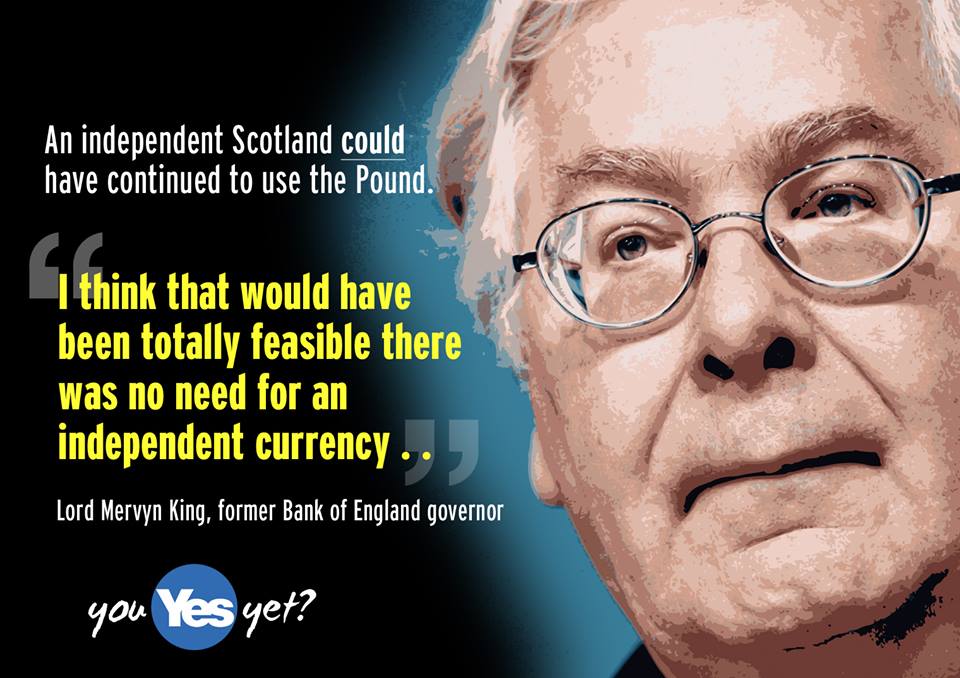Warning: Undefined array key "ssba_bar_buttons" in /usr/home/movgwifi/public_html/yesedinburghwest.info/wp-content/plugins/simple-share-buttons-adder/php/class-buttons.php on line 602
Warning: Undefined array key "ssba_bar_buttons" in /usr/home/movgwifi/public_html/yesedinburghwest.info/wp-content/plugins/simple-share-buttons-adder/php/class-buttons.php on line 602
Warning: Undefined array key "ssba_bar_buttons" in /usr/home/movgwifi/public_html/yesedinburghwest.info/wp-content/plugins/simple-share-buttons-adder/php/class-buttons.php on line 602
 Book Preview: Currency in an Independent Scotland Andy Anderson
Book Preview: Currency in an Independent Scotland Andy Anderson
Buy the book here.
During the Referendum for Scottish Independence in 2014, all the Unionist political parties, the UK Government, the UK civil service (unconstitutionally), the UK establishment and 95% of the media, including the ‘neutral’ BBC used the ‘currency’ issue to attack independence supporters. This campaign, like all ‘project fear’ attacks was based on deception and misrepresentation and depended for its success on mass ignorance of the real basis of the subject. This book was written to address this issue – to explain in clear terms the currency situation facing an independent Scotland and how this offers a great opportunity.
- Money isn’t wealth – it has no intrinsic value. Its only economic value is its use as an exchange mechanism – it can be exchanged for real goods and services, which represent real wealth. The fundamental first step in an independent Scotland is a radical reform of the banking system and establishing a “full reserve” currency.
 There was, and is, no substance to the claim that an independent Scotland could be prevented from using the pound as its national currency, as the pound is an international exchange currency. This is different from sharing the pound, which implies influence over monetary policy (which Scotland doesn’t currently have within the UK, and neither does the UK Parliament)
There was, and is, no substance to the claim that an independent Scotland could be prevented from using the pound as its national currency, as the pound is an international exchange currency. This is different from sharing the pound, which implies influence over monetary policy (which Scotland doesn’t currently have within the UK, and neither does the UK Parliament)
David Cameron announced in 2014 that the UK Treasury was legally responsible for all UK National Debt – it couldn’t be otherwise, as Scotland had, before 2015, no powers to borrow money and get into debt. Excluding Scotland from sharing the pound excused it from part-payment of the UK debt, which could have caused a run on the pound.
- Scotland’s first option is to use the pound sterling for a 3 year period, and accept a moral responsibility to offer to pay a contribution to the UK National Debt, which currently stands at £1.7 trillion, or £24,758 per person. At an interest rate of 2.5% and a population of 66.8 million, interest payments are £616 per person per annum or £1453 per household. Factoring in all liabilities including state and public sector pensions, the real national debt is closer to £4.8 trillion, some £78,000 for every person in the UK.
- If an agreement cannot be reached with the UK prior to IndyRef2 on this, Scotland’s second option is to set up a nationalised Scottish National Bank (SNB) with a full-reserve Scots pound on par with the pound sterling, and use sterling as its main foreign exchange currency for the first 3 years. All banks operating in Scotland (with the exception of merchant banks dealing in venture capital) would be required to operate on a full-reserve basis.
It is widely recognized by economists that the neo-liberal system is fatally flawed, and it is the fractional-reserve banking system which is the problem. As nothing has been done to correct this, another 2008 banking crisis is inevitable – but can be avoided by an independent Scotland.
- Scotland should adopt a Keynesian-style economic policy (or see sight impairment version), with money being directed to strategic public works projects such as wave power. With the multiplier effect, £100 million investment will create £500 million in real wealth, with £100 million of real assets being held by the SNB.
- International comparisons are made with Iceland, Panama and Greece.
- The Declaration of Arbroath in 1320 stated unequivocally that Scottish sovereignty rested with the people – not with the crown, or the parliament. This was not changed by the 1707 Treaty of Union. When the Scottish people decide (and they don’t need Westminster approval for this self-determination) to establish political independence, they will confirm Scottish Government control over all Scottish land, territorial waters, airspace and natural resources as established by international law.
Yes Edinburgh West has a website, Facebook, Twitter, National Yes Registry and a Library of topics on Scottish Politics, including Currency and Business & Economy.



